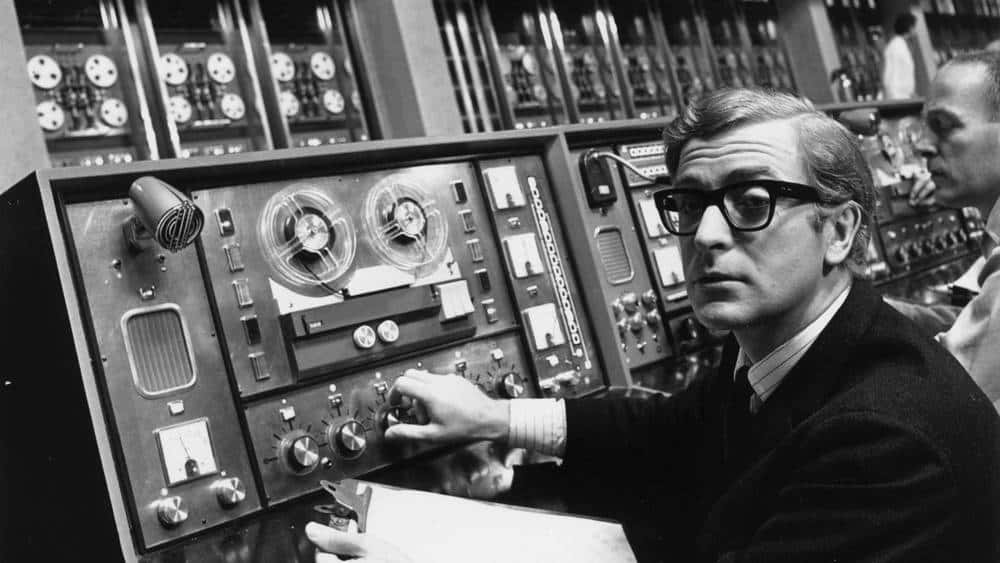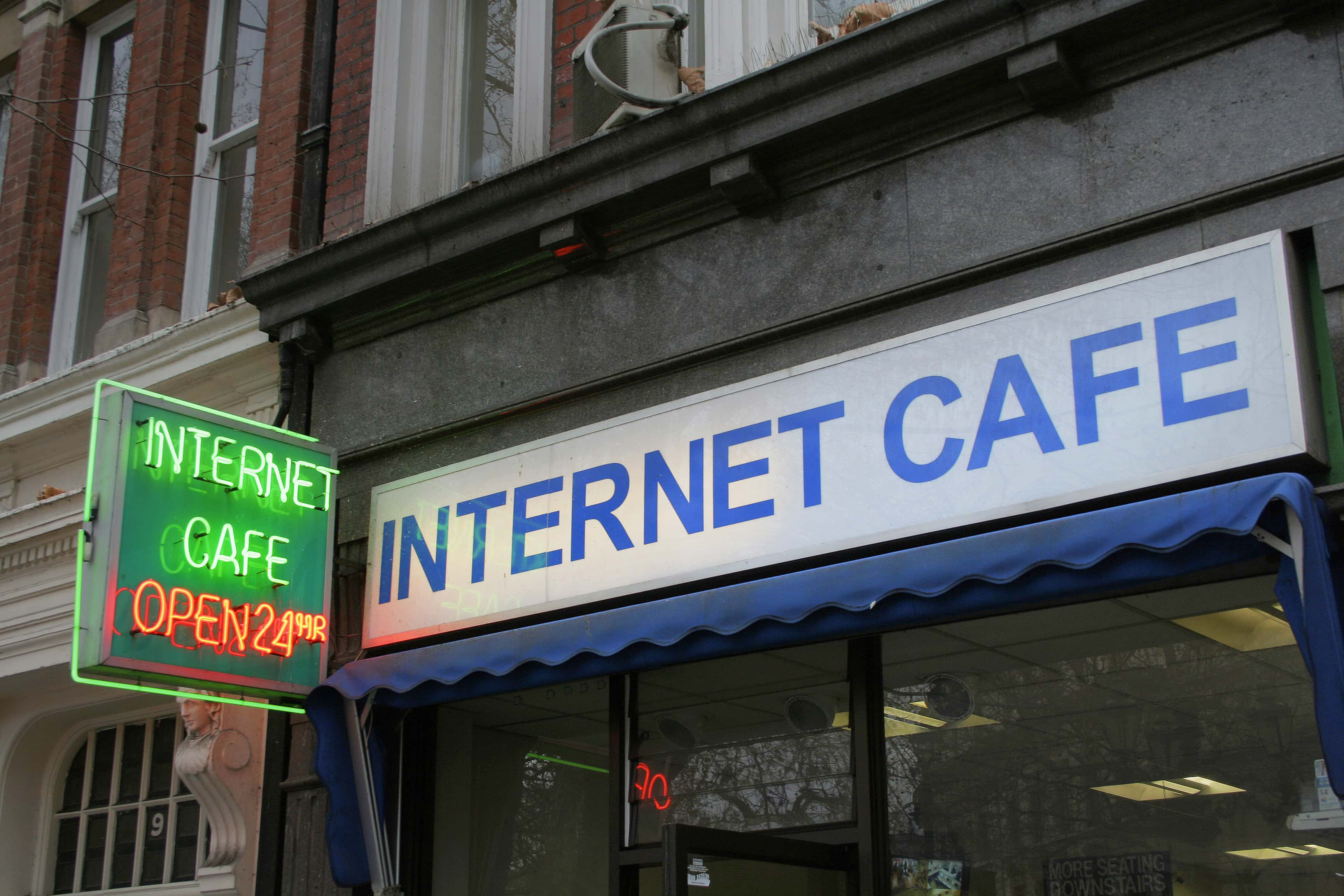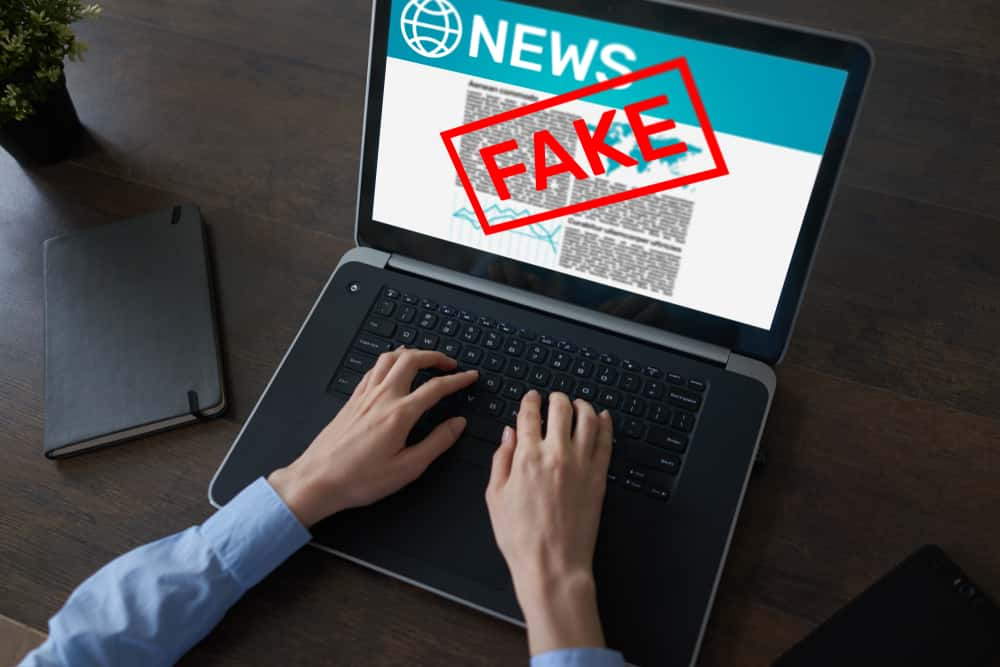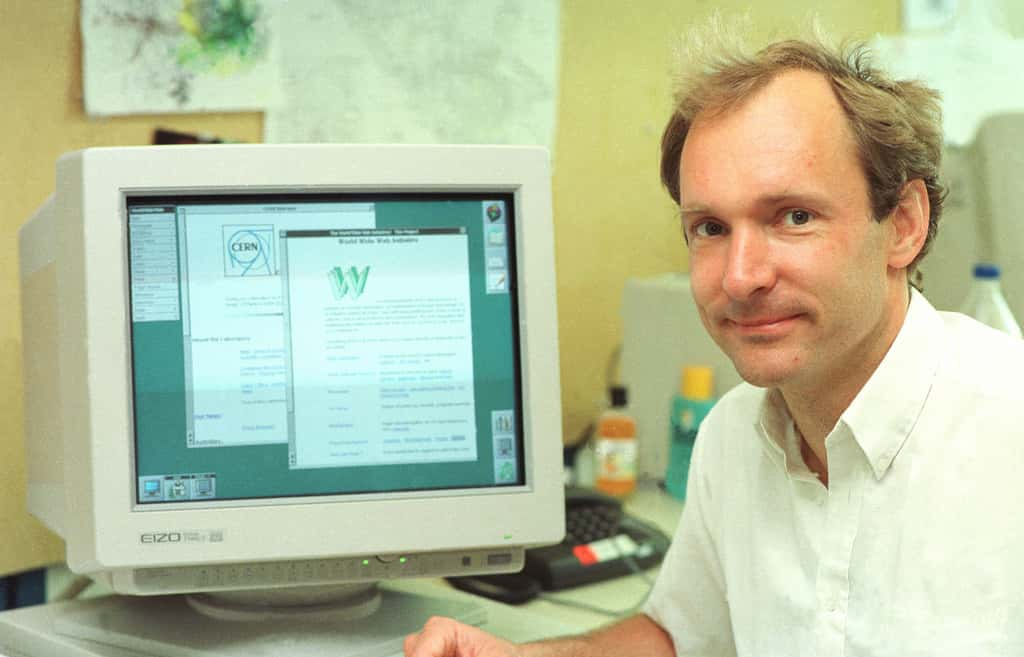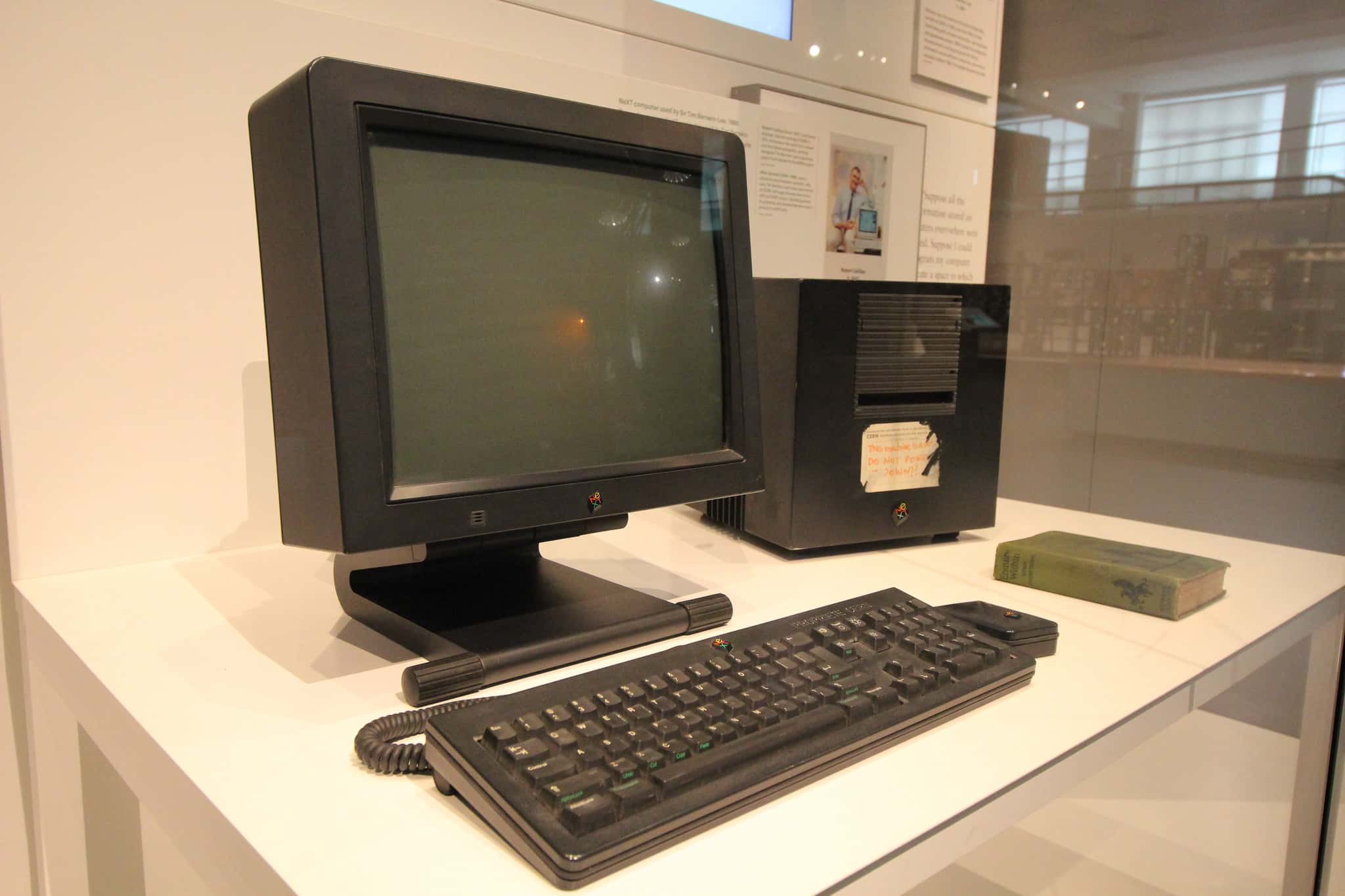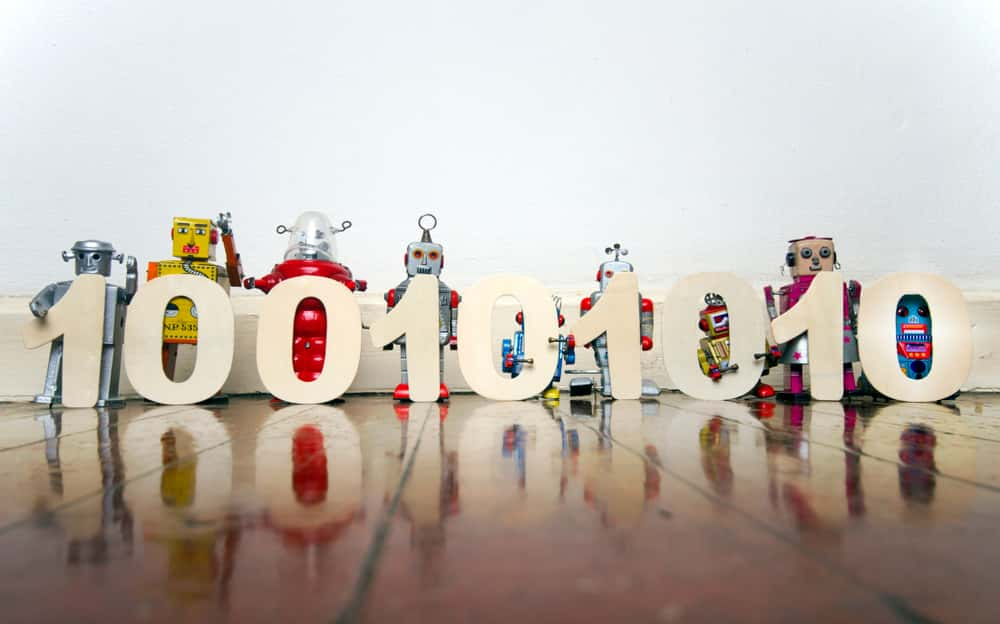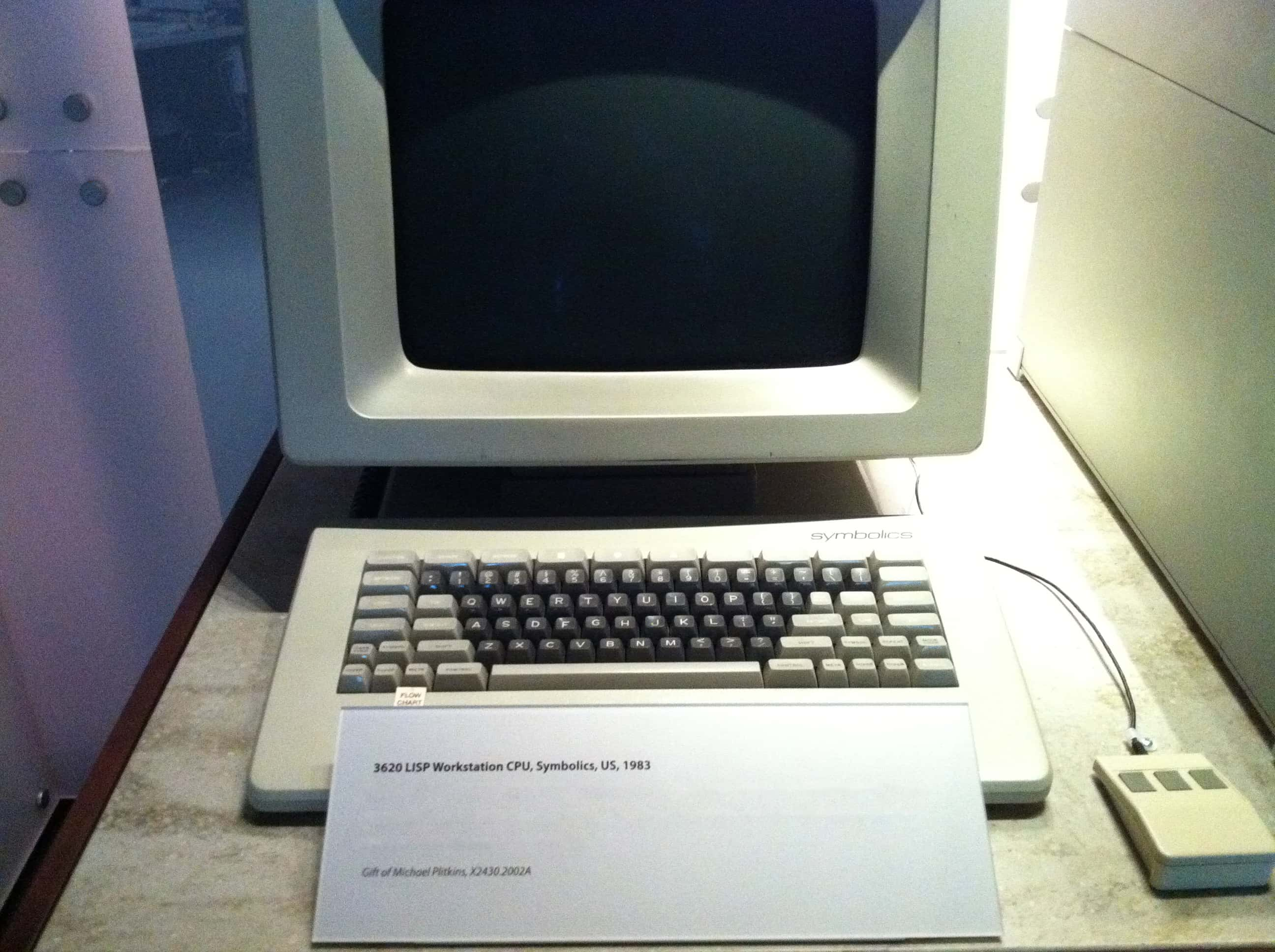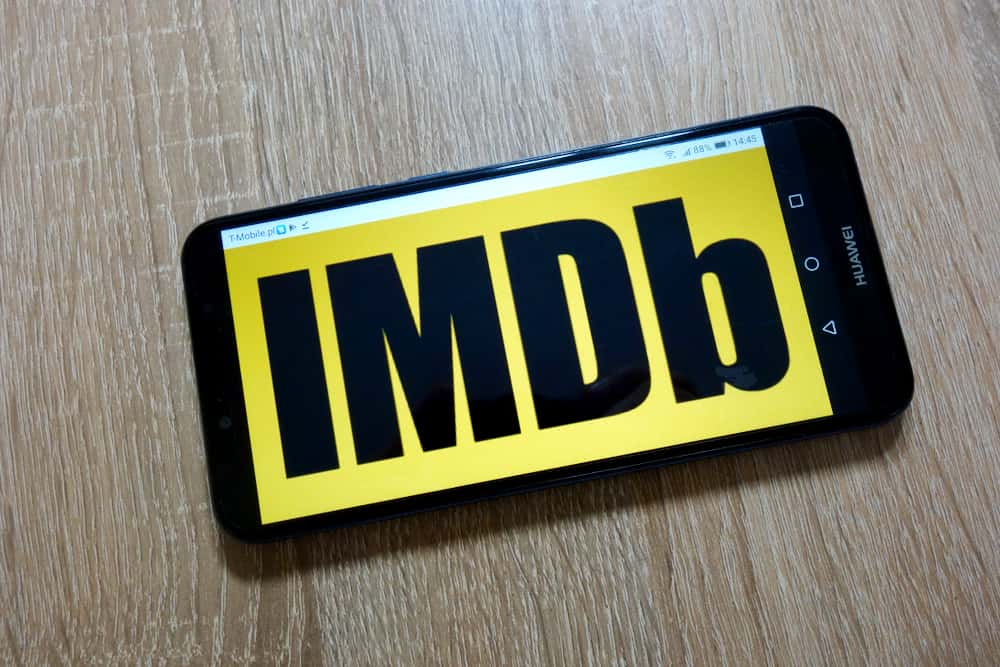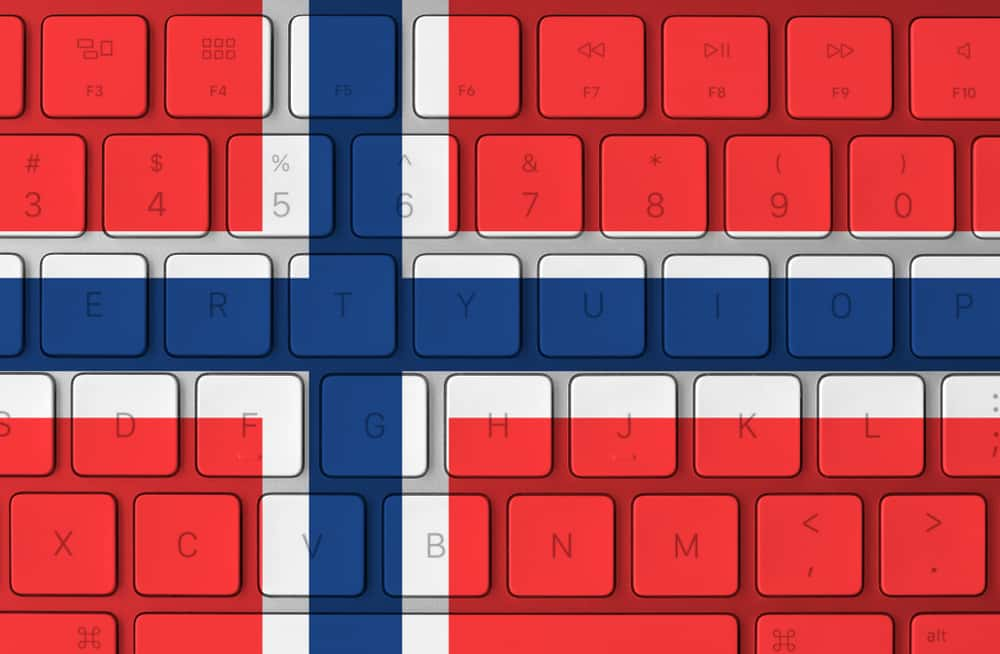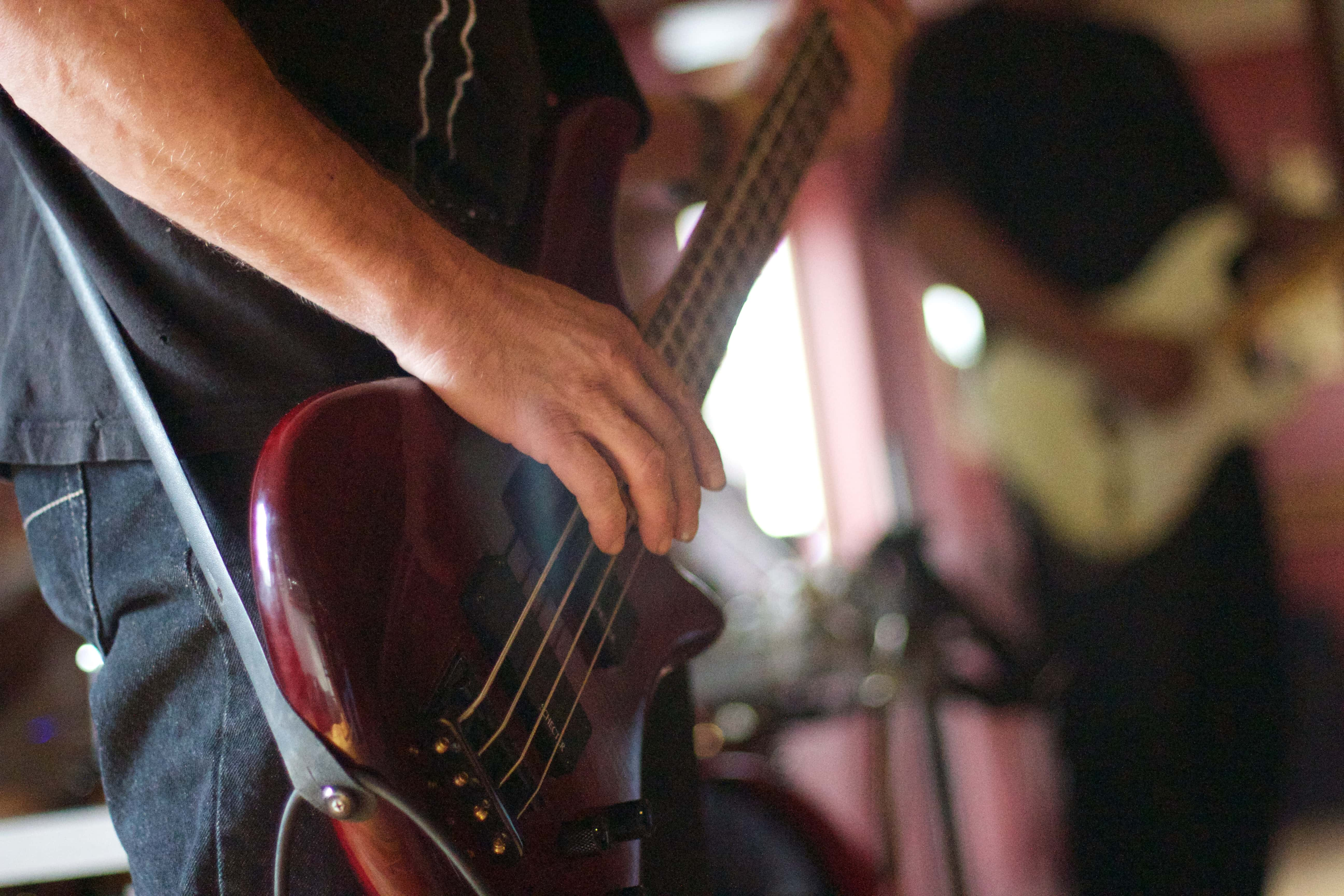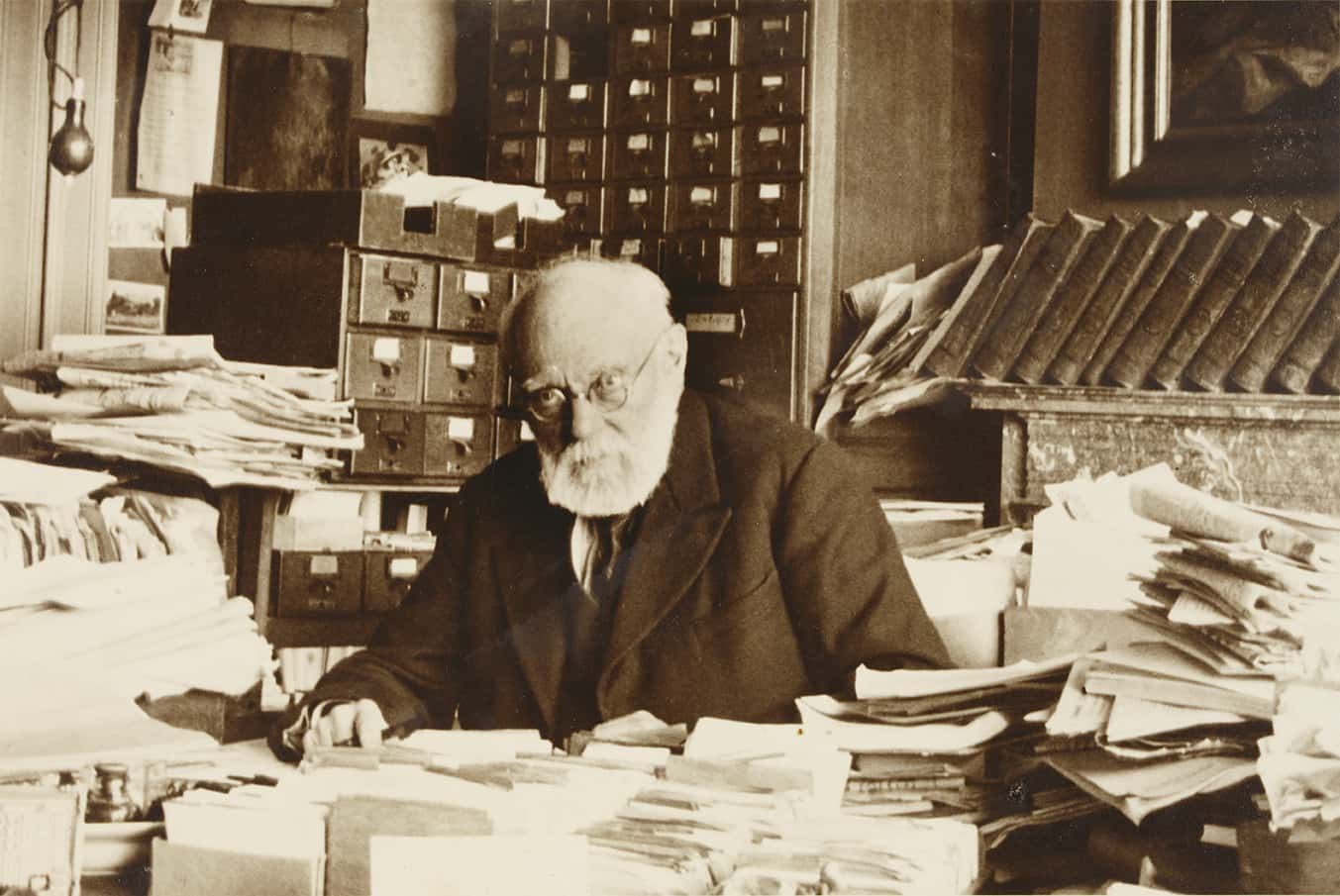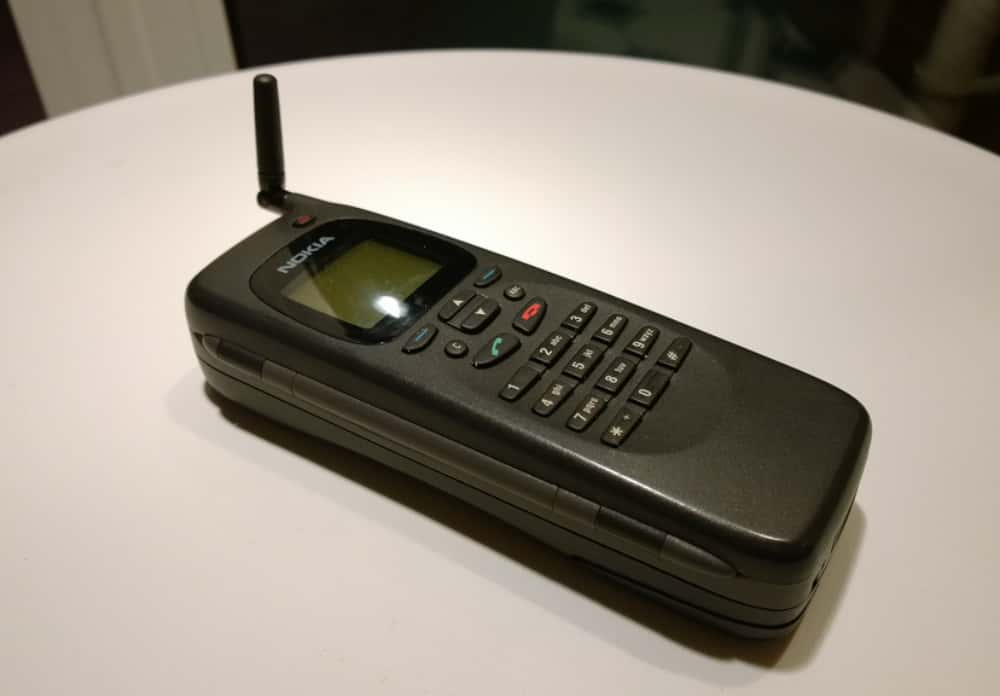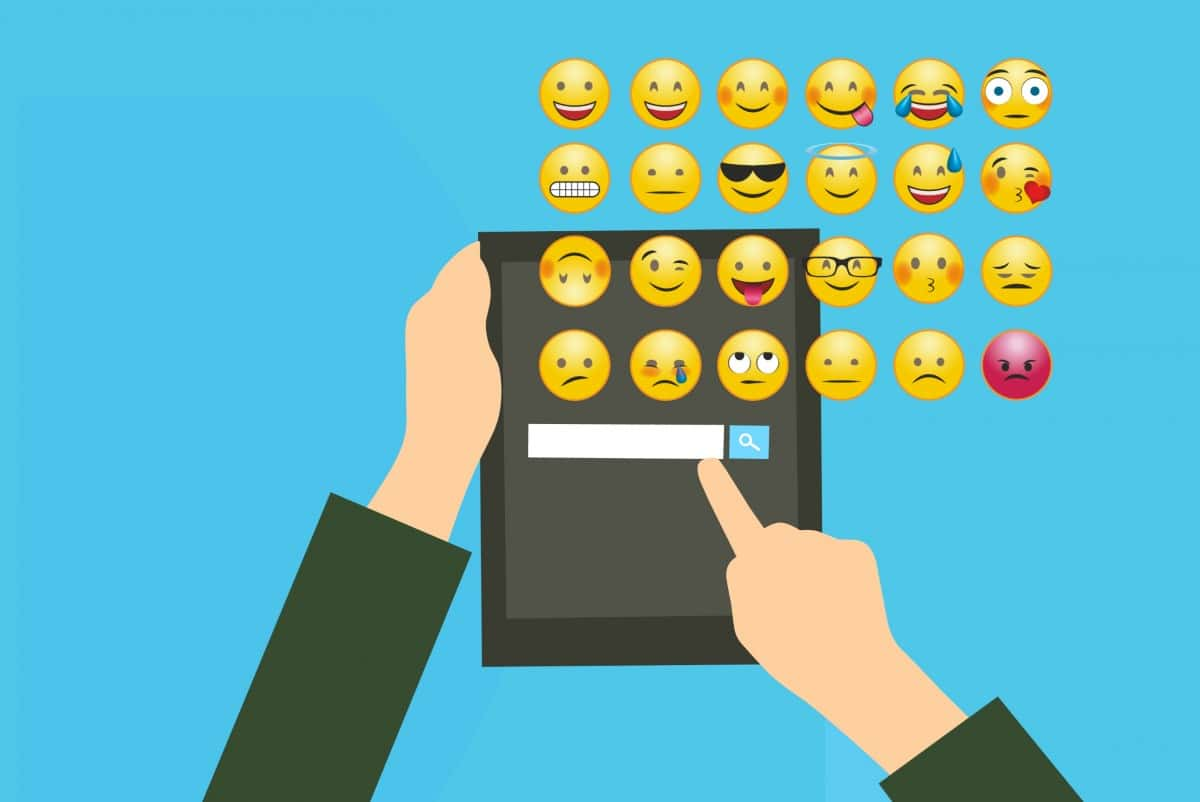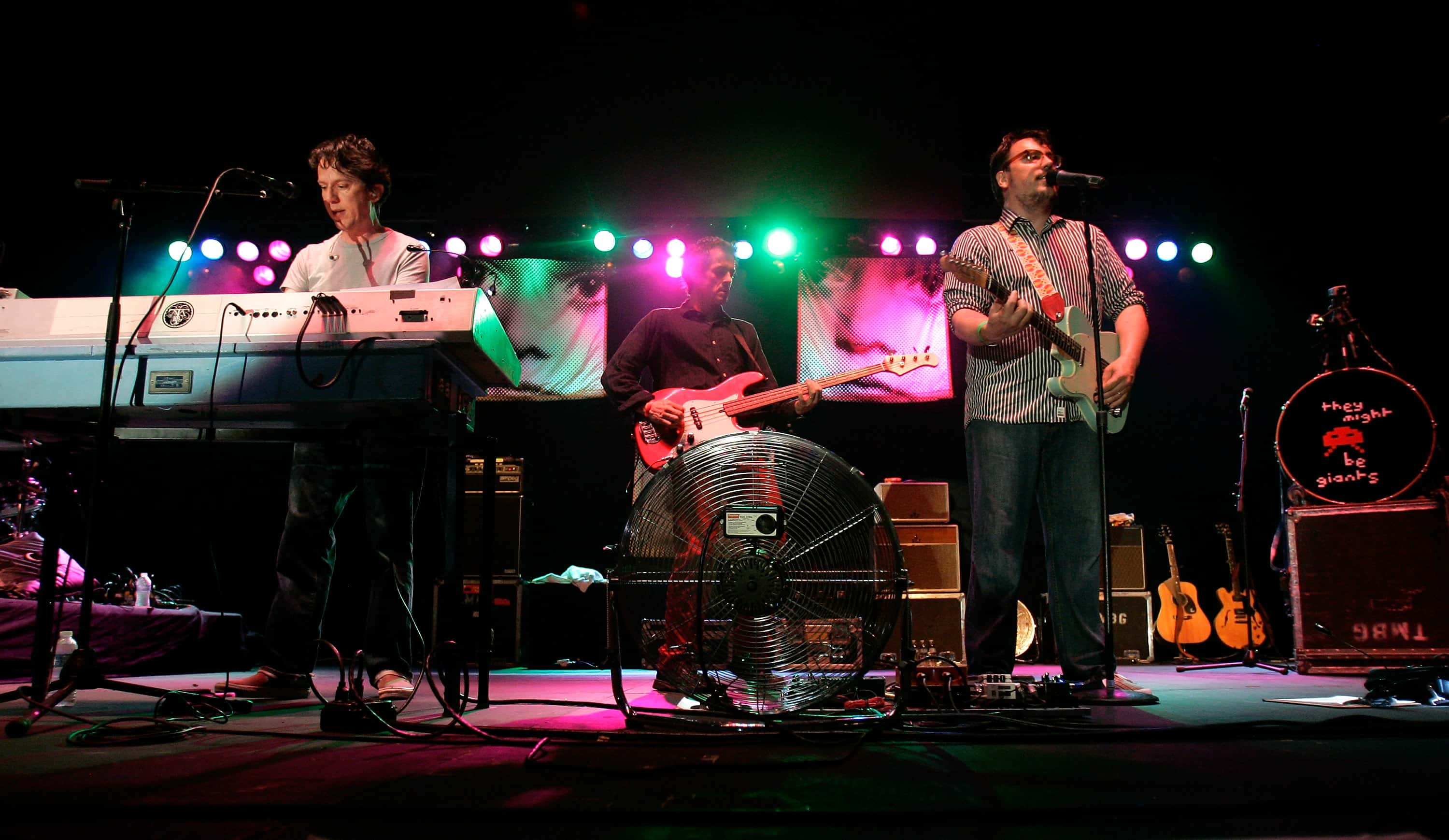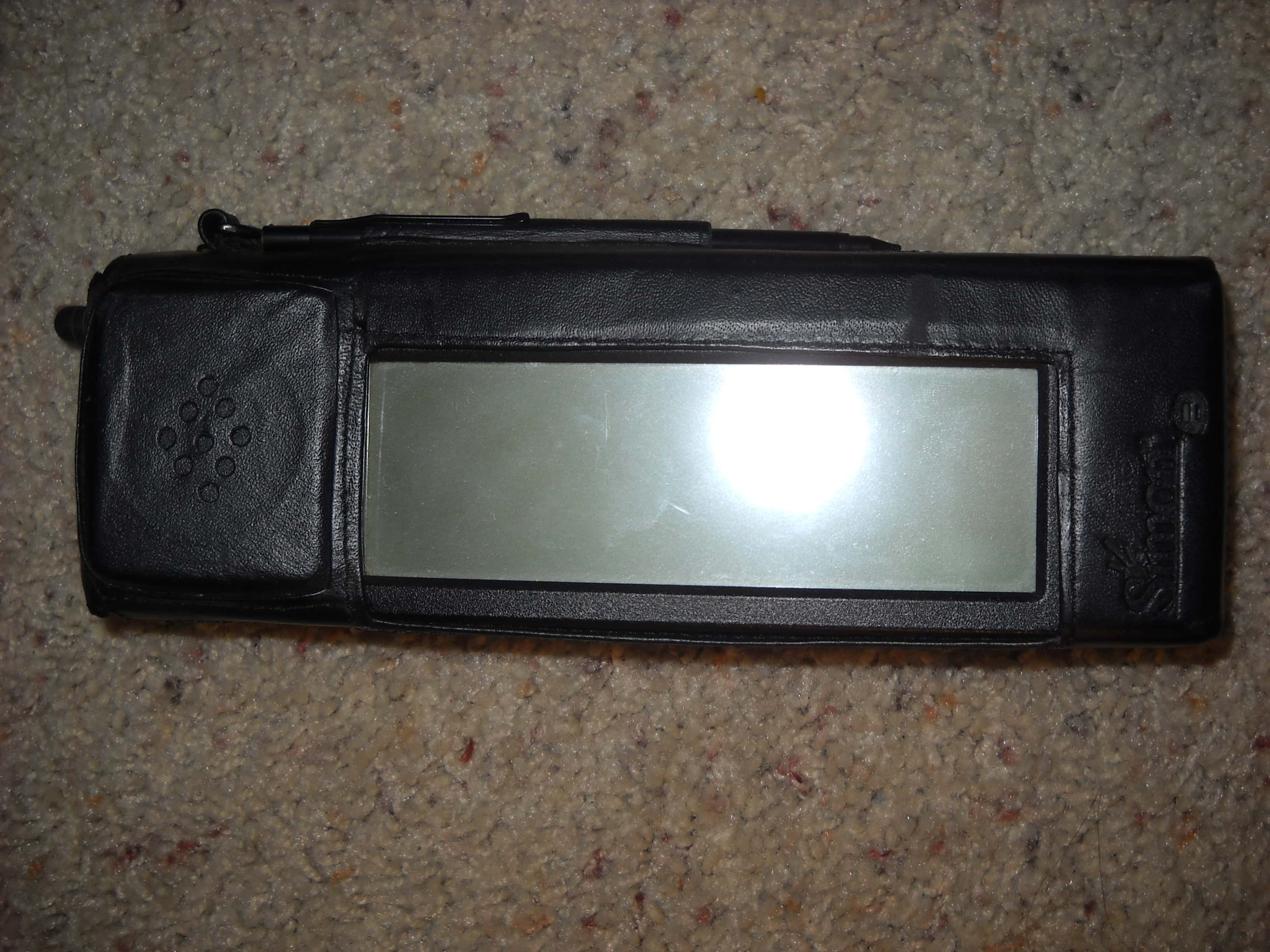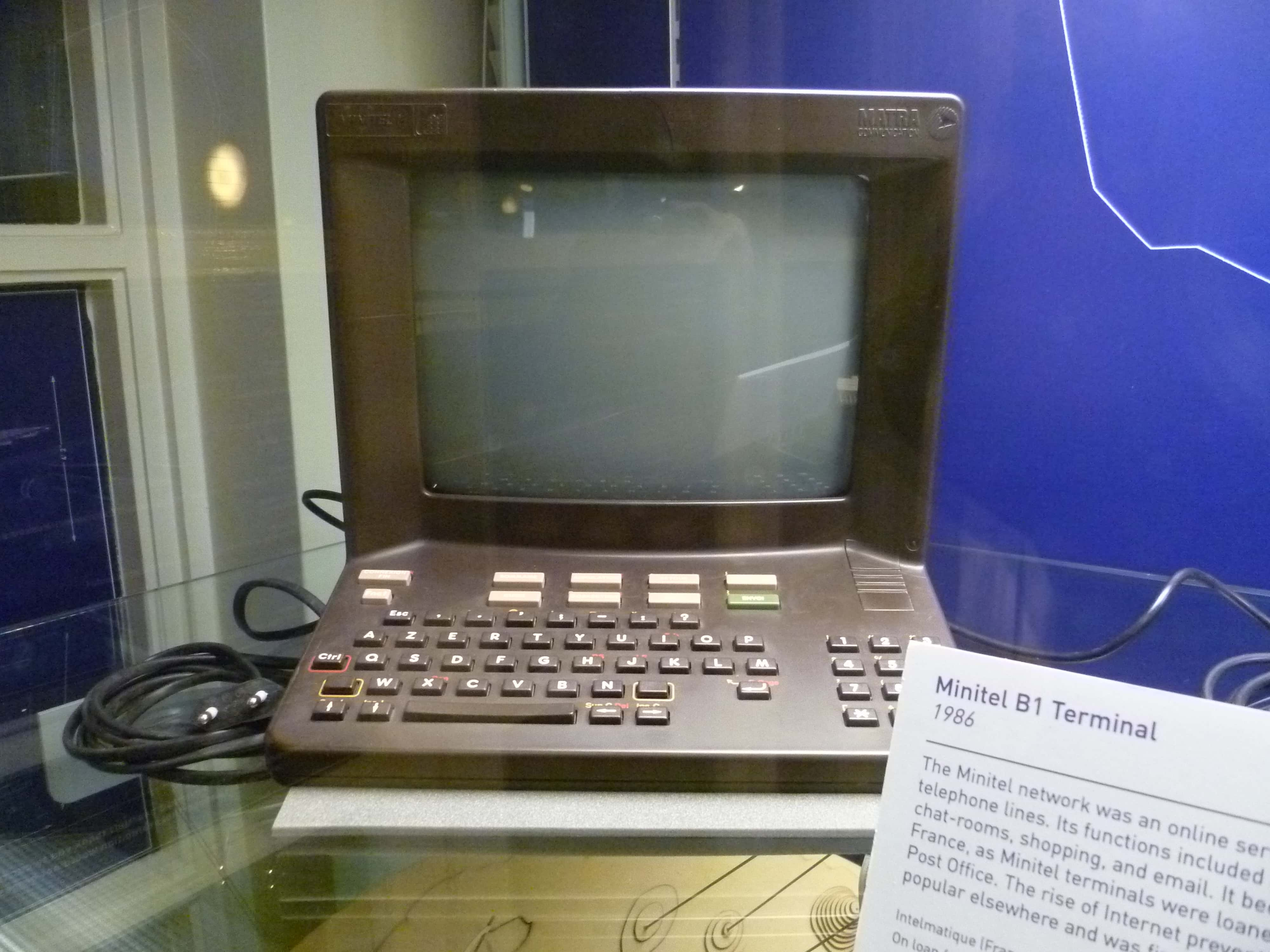“The internet is becoming the town square for the global village of tomorrow”—Bill Gates
It’s difficult to imagine modern life without the internet—or straight up impossible, for people under a certain age. Its sheer ubiquity and dominance over our lives is such that the pre-internet era might as well be some primitive dark age, where we all communicated via carrier pigeon and had to spread memes by carving them onto walls with a sharp stone.
OK, maybe not that bad, but it’s almost impossible to overstate just how much we’ve come to depend on this crazy invention. So how did it all begin? We didn’t always have the internet, and it certainly didn’t arrive fully formed. Its history is a storied one, full of firsts and breakthroughs both big and small, and a veritable treasure trove of technological trivia—so let’s dig in, shall we?
1. ARPA Kadabra
Released in 1969, the ARPANET was the forerunner to the modern internet. The concept and technology that would eventually become the ARPANET was developed during the Cold War, in part because of how vulnerable the American telephone system had been to Soviet hacking for years. This linked network of computers was intended to protect the US from Soviet interference.
2. Galactic Ambitions
The initial concept for the internet was outlined in a series of memos by the Massachusetts Institute of Technology’s J.C.R. Licklider in August 1962. He conceived of a globally connected network of computers through which everyone could access data and interact with each other from any site, and he called it "The Galactic Network." Which is just the coolest.
3. Spam Alert
The very first spam email was sent on May 3, 1978, when a marketing manager at the Digital Equipment Corporation sent an email to technological enthusiasts inviting them to a product demonstration. What a dubious honor!
4. Just Call Me Internet
The word “internet” first appeared in the "Internet Transmission Control Program" booklet in 1974. It’s actually a shortened version of the term “internetworking” or “inter-system networking”.
5. Coffee Time
The first internet café opened its doors in Seoul, South Korea in March 1988. It was called “Electronic Café,” and people could satisfy their caffeine cravings while using one of its two 16 bit computers.
6. Blasphemy
The online hoax might seem like a recent phenomenon, what with social media facilitating the spread of rumors and falsehoods like wildfire, but the very first internet hoax to reach a large audience actually reared its head all the way back in 1994. The hoax was a phony AP press release claiming that Microsoft was going to buy the Roman Catholic Church in exchange for shares of its common stock, in an effort “to make religion easier and more fun for a broader range of people”.
The press release’s claims were hilariously outlandish—apparently you’d soon be able to take Holy Communion through your computer, for instance—but many people still contacted Microsoft to confirm or deny its veracity.
7. Hey Prestel
The internet as we know it was very nearly developed by the British Post Office in the early 1970s. It was called Prestel, it had the potential to put homes and businesses online in a very similar way to what would eventually become the World Wide Web, but it never took off.
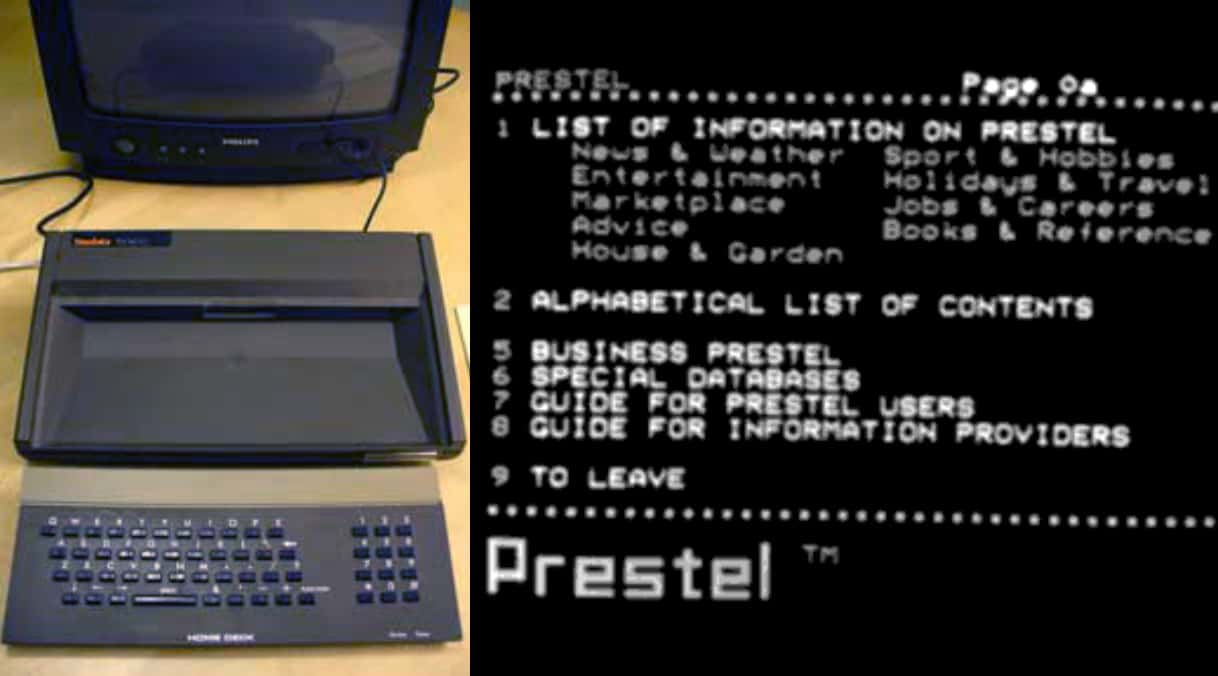
8. A True Beginning
There were plenty of theoretical proposals, plenty of fully functional precursors, and the gist of the internet had been well and truly explored, but the World Wide Web and the internet as we truly know it today was invented in 1989 by British scientist Tim Berners-Lee while working at CERN. The World Wide Web software was then put in the public domain in April 1993, and it was off to the races.
9. When There Was One
The first internet browser, called “WorldWideWeb” (later renamed “Nexus” to avoid confusion with the actual World Wide Web itself), was created by Tim Berners-Lee in late 1990 while he worked for CERN. It was discontinued in 1994 but had a pretty good run, boasting 4 million internet users at the time.

History's most fascinating stories and darkest secrets, delivered to your inbox daily.
10. NeXT Please
The very first internet server was hosted on Tim Berners-Lee’s NeXT Computer. That basically means that at that point, the entire web essentially lived on this one computer.
11. Picture Perfect
The first ever photographic image uploaded onto the Web was a shot of the band Les Horribles Cernettes (or The Horrible CERN Girls). They were an all-female parody pop group founded by employees of CERN, where Tim Berners-Lee and co. were busy developing the web as we know it today. Notice that they share the same initials as those of the Large Hadron Collider.
12. Before Amazon
The first transaction ever facilitated by the internet is probably not what you’d assume. It was a purchase of marijuana by Stanford students from MIT students, carried out sometime between 1971 and 1972. The deal was made via ARPANET, the precursor to the modern internet as we know it. But in terms of a legitimate online transaction, which is to say money actually changing hands electronically over the internet in exchange for a product, the honor should go to Sting’s album “Ten Summoner’s Tales.” It was sold in August 1994 on a site called NetMarket.
13. Wild Thing
The first ever live musical performance by a pianist to be streamed over the internet was that of Earl Wild in 1997. Wild was also the first person to play the piano on US television 58 year earlier.
14. Soviet Surfer
Anatole Klyosov was the first internet user in USSR. He was as given unprecedented access online from 1982 to 1989, despite being considered a “nevyyezdnoy”—someone not permitted to travel abroad for security reasons and alleged disloyalty—by the government.
15. Not That Kind of Candy
In 1996, the board game Candy Land became the subject of one of the first disputes over internet domain names. An adult web content provider had registered the domain candyland.com and Hasbro objected, obtaining an injunction against its use.
16. Spam it All
The first commercial internet spam was produced by Arizona lawyers Laurence Canter and Martha Siegel. The spam, sent to at least 5,500 Usenet discussion groups, advertised their services in assisting with the Green Card Lottery application process, taking advantage of would-be immigrants in the process by charging exorbitant service fees. They were disbarred for improper advertising practices.
17. A Bot is Born
The very first online bot was launched in 1993. Designed at MIT, it was called the World Wide Web Wanderer and was intended to measure the size and growth of the internet.
18. Worm Your Way Out of This One
The first ever computer worm was created in 1988 by a guy named Robert Tappan Morris, who was apparently trying to gauge the size of the internet. The Morris Worm ended up penetrating 6,000 computers worldwide, and Morris became the first person ever convicted under the Computer Fraud and Abuse Act. He landed himself three years of probation, 400 hours of community service, and a fine of $10,050 for his trouble. It all worked out for ol’ Robbie in the end though — he’s now a tenured professor at MIT.
19. Dot Com Doings
The first registered internet domain name was Symbolics.com. It was registered May 15, 1985, by computer manufacturer Symbolics Inc.
20. Proto-Netflix and Chill
The first movie ever transmitted over the internet was Wax: Or the Discovery of Television Among the Bees, featuring author William Burroughs. It was streamed on May 23, 1993. It may have had to be converted from color to black and white, it may have been a little blurry, and the audio was far from perfect, but still — these were the baby steps that would eventually lead to Netflix and the like’s dominance over our media consuming lives.
21. Anonymous Evil
Tragically, the internet has been facilitating the most heinous individuals among us for a while now. John Edward Robinson is a convicted serial killer who slay at least 8 people between 1984 and 2003. Most of his post-1993 victims were contacted through online chatrooms, and because of this he's sometimes referred to as the Internet's first of his kind.
22. The Smaller Screen
In April 1995, the independently produced American TV show Rox began uploading episodes online. It was available as a series of segmented QuickTime videos you could download from the show’s website, and became the first TV show to be distributed via the internet.
23. The First Lady
In the November 1972 issue of Playboy, Swedish model Lena Söderberg appeared in the centrefold, and a small, unlikely piece of internet history was made. A cropped head and shoulder section of this image—known simply as “Lenna”—started being used to test algorithms in digital image processing from 1973, and it became so widely used that Lenna is sometimes referred to as the “First Lady of the Internet”.
24. Lo and Behold
The first word ever sent over the internet was “lo.” UCLA student Charley Kline had attempted to sent the word “login” to a computer at the Stanford Research Institute over an ARPANET link, but the system crashed after the first two letters.
25. This is Personal
Illegal activity online isn’t exactly rare these days—all those Game of Thrones streams aren’t going to watch themselves, after all—and it’s been a part of the internet from the beginning, but back then, folks were on a much tighter leash. The first known bad act on the internet was committed in 1973, when an ARPANET engineer sent a request for the return of his electric razor following a conference in England. Innocuous enough, right? Well, at that time, all personal use of the internet was considered unlawful.
26. Old Man IMDb
A lot of people’s first pitstop when scouting for film recommendations, the Internet Movie Database (IMDb) has been around since 1990 and predates the first web browsers. It began on Usenet as a list of "actresses with beautiful eyes".
27. A Matter of Hours
Sting might hold the honor of having the first item ever legitimately sold over the internet, but the late, great David Bowie might have him beat with an even more significant musical milestone. His 1999 album Hours was the first complete album by a major artist available to download online, and two weeks before its physical release at that.
28. No Way but Norway
Norway was the first country outside of the US to be connected to ARPANET, when a transatlantic satellite link was forged to the Norwegian Seismic Array in 1973, four years after ARPANET’s creation.
29. Not for Sale
It’s difficult to fathom now, but commercial activity was once explicitly banned on the internet. You couldn’t so much as pick up a pair of socks online until the Scientific Advanced Technology Act was passed in 1992.
30. Google’s Grandparents
The first internet search engine in said to be Archie, implemented in 1990. Around this time, other search engines named after characters from Archie Comics were introduced, such as Veronica and Jughead.
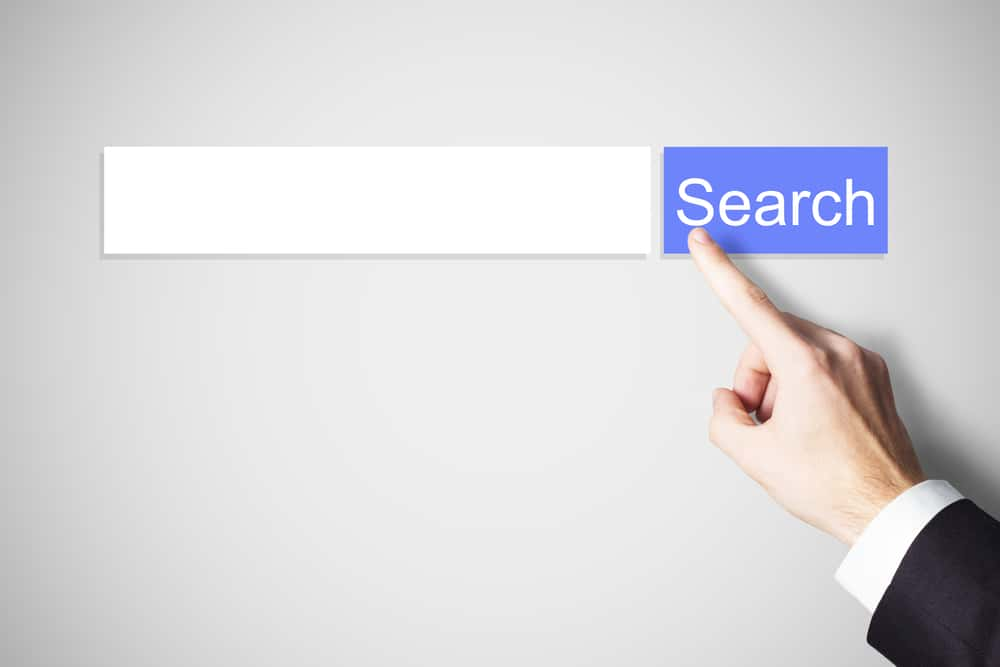 Shutterstock
Shutterstock
31. Live and Kicking
The first musical group to stream a live performance over the internet were the Californian garage band Severe Tire Damage, who played a gig at Xerox PARC on June 24, 1993. Band member Russ Haines later claimed that the sound quality was "at best, a bad telephone connection," but hey, you gotta start somewhere.
32. 19th Century Schizoid Man
The very first musings about the internet—or an internet of sorts—can technically be traced back to 1895, when Belgian genius Paul Otlet proposed the notion of "universal libraries" that would allow books to anyone who wanted them. In 1934, he refined this idea by suggesting "electronic telescopes" that would allow anyone access to books, audio recordings, films and photos from a great distance.
33. The Ban Hammer Is Born
The first person to ever be banned from the internet was software developer Chris Lamprecht, who was banned in 1995 as part of his punishment for money laundering. He was denied internet access until 2004.
34. Wiki Wiki Welcome
There wasn’t always a Wiki (an informative user-editable website) for every topic under the sun. It all began with one, when programmer Ward Cunningham designed WikiWikiWeb in March 25, 1995. It was named after the Honolulu Airport terminal shuttle bus: "Wiki-Wiki", which means “very quick” in Hawaiian.
35. Phone It in
The first mobile phone capable of connecting to the internet was the Nokia 9000 Communicator, from 1996.
36. Essential Viewing
The world’s first webcam footage was of a coffee pot in the computer lab of the University of Cambridge. A live image of the pot was initially only provided to the computers connected to the office network, until it was connected to the internet a few years later. The so-called Trojan Room coffee pot became such a popular early internet icon that it was auctioned off for 3,350 pound sterling after it had been retired in 2001.
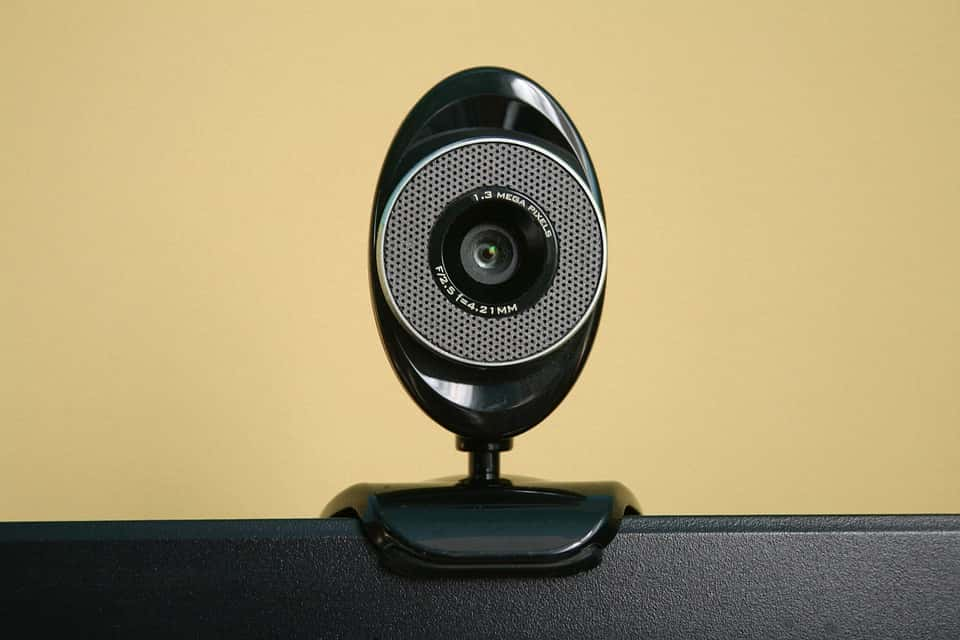 Max Pixel
Max Pixel
37. Everybody Smile
Perhaps unsurprisingly, the first emoticon used on the Internet was :-) and it appeared in a 1982 bulletin board message as a proposed way of highlighting a joke. The :-( emoticon was naturally proposed as a marker for something which was more serious. Oh how far we’ve come.
38. They Most Certainly Are Giants
David Bowie might have paved the way, but They Might Be Giants were the first to fully and exclusively commit to the online platform for one of their projects. Their album "Long Tall Weekend" was the first full-length album released exclusively on the Internet by an established major label group.
39. A World Awaits
MMO’s (Massively Multiplayer Online Games) like World of Warcraft have become a perennial staple of online life for many, and interestingly the very first commercial MMORPG actually predated WoW by almost 20 years. It was called Island of Kesmai, and became available in 1985. Players were charged a whopping $12 per hour, and the game supported up to 100 players.
40. The Smartest Phone in the Room
The very first smartphone was technically an IBM prototype codenamed “Angler.” It was unveiled in 1992, 3 years before the word “smartphone” was coined, and was capable of sending emails, running apps, and it even had a functioning touch screen. Eat your heart out, Apple!
41. Money Saving Machines
The Minitel, one of the world’s most successful pre-World Wide Web online services, was rolled out in Brittany in 1978 and the rest of France in 1982 as a means of making train reservations, checking stock prices, chatting, and mainly searching the telephone directory by using a rudimentary but solid search engine. Millions of terminals were lent for free to telephone subscribers around the country, in part as a way of avoiding the cost of printing telephone books.
42. Still Ticking
The very first website on the internet as we know it was "info.cern.ch." It was run at the CERN, and it’s still alive to this day.
Sources: 1, 2, 3, 4, 5, 6, 7, 8, 9, 10, 11, 12, 13, 14, 15, 16, 17, 18, 19, 20, 21, 22, 23, 24, 25, 26, 27, 28, 29, 30, 31, 32, 33, 34, 35, 36, 37, 38, 39, 40, 41, 42, 43, 44



